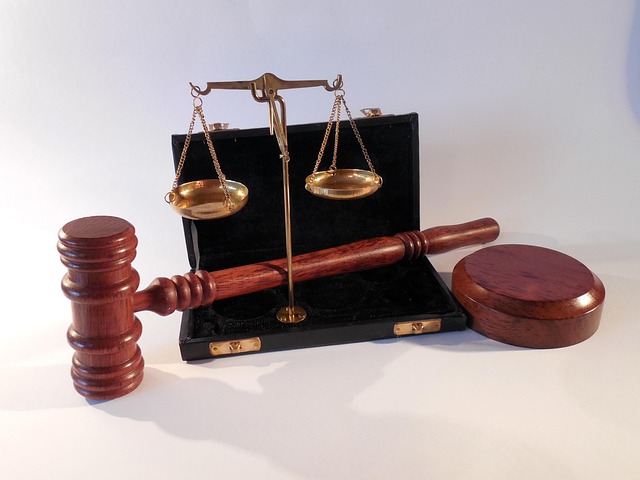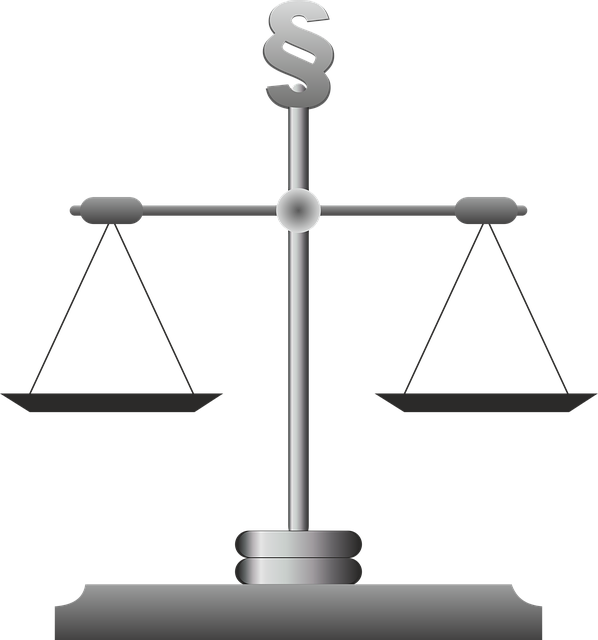Regulatory fraud laws are crucial for maintaining financial market integrity and protecting consumers. Both prosecutors and defendants must understand these laws, particularly in white-collar crime cases. Defendants enjoy robust rights in criminal cases, including presumption of innocence, protection from self-incrimination, and the right to effective legal counsel. Evidence is key in regulatory fraud prosecutions, requiring a deep understanding of specific regulatory requirements. Defendants use various strategies to protect their rights, challenging evidence admissibility, jurisdiction, and intent. High-profile cases like Enron's collapse highlight the balance between accountability and defendants' rights, shaping legal precedents and public trust.
In today’s complex regulatory landscape, understanding Regulatory Fraud Laws is paramount for businesses and individuals alike. This comprehensive guide delves into the intricate world of these laws, offering a detailed examination of their impact on both sides of the legal divide. From defendants’ rights in criminal cases, including the presumption of innocence, to the role of evidence and due process, we explore strategic defenses and analyze significant trials. By understanding these dynamics, stakeholders can navigate the legal maze with greater awareness, ensuring fair outcomes in regulatory fraud prosecutions.
- Understanding Regulatory Fraud Laws: A Comprehensive Overview
- Defendants' Rights in Criminal Cases: Presumed Innocence and Beyond
- The Role of Evidence and Due Process in Regulatory Fraud Prosecutions
- Common Defenses Strategized by Accused Individuals and Entities
- Case Studies: Analyzing Significant Regulatory Fraud Trials and Their Impact on Defendant Rights
Understanding Regulatory Fraud Laws: A Comprehensive Overview

Regulatory fraud laws are designed to protect the integrity of financial markets, consumers, and the overall economy by penalizing individuals or entities that engage in deceptive practices. These laws cover a wide range of activities, including misrepresenting financial information, manipulating markets, and violating industry-specific regulations. Understanding these laws is crucial for both prosecutors and defendants alike, especially in cases involving white collar and economic crimes.
In criminal cases, the rights of defendants are paramount. They include the right to be informed of the charges against them, to consult with legal counsel, and to mount a defense without undue hindrance. A robust general criminal defense strategy involves thoroughly understanding the regulatory framework that underpins the case. This knowledge helps in challenging the prosecution’s evidence, identifying procedural errors, and crafting effective arguments based on the specific nuances of white collar defense.
Defendants' Rights in Criminal Cases: Presumed Innocence and Beyond

In criminal cases involving regulatory fraud, defendants enjoy a robust set of rights designed to safeguard their innocence until proven guilty. The foundational principle of presumed innocence dictates that every defendant starts with a clean slate, benefiting from reasonable doubt in their favor. This right is paramount, ensuring individuals are not convicted based on mere speculation or circumstantial evidence. Beyond this cornerstone, defendants have the privilege against self-incrimination, guaranteeing they need not testify against themselves. They’re also entitled to effective legal counsel, allowing them to mount a vigorous defense and access essential resources for their representation.
Additionally, defendants’ rights extend to a fair trial by an impartial jury, where both sides present their cases without undue interference. The role of the judiciary in these proceedings is crucial, ensuring procedural fairness and adhering to the rule of law. This meticulous balance between upholding justice and protecting individual liberties forms the backbone of any just society, particularly when navigating complex regulatory fraud charges. A successful defense strategy, often achieved through relentless advocacy by philanthropic and political communities, can result in winning challenging defense verdicts for his clients.
The Role of Evidence and Due Process in Regulatory Fraud Prosecutions

In regulatory fraud prosecutions, evidence plays a pivotal role in establishing guilt or innocence. The focus shifts from the traditional criminal justice system’s emphasis on proving every element of a crime beyond a reasonable doubt to demonstrating a violation of specific regulatory requirements. This shift demands a thorough understanding of the applicable regulations and their intricate details. Lawyers specializing in white-collar defense must navigate these complexities, ensuring their clients’ rights are protected throughout the process.
Due process is another critical aspect, guaranteeing defendants the right to be heard and to present evidence in their defense. In cases involving white-collar and economic crimes, where fraud often occurs behind closed doors, uncovering relevant evidence can be challenging. Skilled attorneys employ various strategies to gather and preserve this evidence, ensuring a fair trial for their clients. This meticulous approach is essential to maintaining the integrity of the justice system while addressing complex financial and regulatory offenses.
Common Defenses Strategized by Accused Individuals and Entities

In regulatory fraud cases, accused individuals and entities often employ various defense strategies to protect their rights in criminal cases. One common approach is to challenge the admissibility of evidence gathered during investigations. This includes questioning the legality of search warrants, wiretaps, or any other methods used to obtain information. Defendants may also assert that their actions were not fraudulent but rather a result of negligence or misunderstanding of regulatory requirements. For example, they might argue that they had no intent to deceive and that any violations were unintentional.
Another frequent defense is to dispute the jurisdiction of the regulatory body or court. This strategy aims to prevent prosecution by raising questions about the authority of the agency conducting the investigation. Additionally, accused parties may present character evidence to portray themselves as trustworthy corporate and individual clients. They might also attempt to shift blame towards third parties involved in the transaction, claiming that they relied on advice from legal experts or acted based on industry norms prevalent at the time. These defenses are employed throughout all stages of the investigative and enforcement process, aiming to protect both corporate and individual clients from what may be seen as unfair prosecution.
Case Studies: Analyzing Significant Regulatory Fraud Trials and Their Impact on Defendant Rights

Regulatory fraud laws have been put in place to combat white collar and economic crimes, which often involve complex schemes and significant financial implications. Case studies of notable regulatory fraud trials provide valuable insights into how these laws protect defendants’ rights in criminal cases. For instance, high-stakes cases like Enron’s collapse in 2001 demonstrated the importance of robust legal defenses and transparent proceedings. The impact of these trials extends beyond individual outcomes; they shape legal precedents and public trust in institutions.
Analyzing jury trials in such cases highlights the delicate balance between holding perpetrators accountable and ensuring fair defendants’ rights. While prosecutors aim to unravel intricate fraud, defense attorneys must navigate a labyrinthine legal landscape to protect their clients’ interests. This process ensures that justice is served, fostering a more robust and equitable legal system capable of addressing complex white collar and economic crimes effectively.
Regulatory fraud laws are designed to protect the integrity of financial markets and uphold public trust, but they also present significant challenges for defendants facing criminal charges. As seen through various case studies, understanding the intricate balance between enforcement agencies and individual rights is crucial. While defendants enjoy the presumption of innocence, navigating complex legal landscapes requires strategic defenses that account for the unique aspects of regulatory fraud cases. By examining both historical trials and contemporary practices, this article has highlighted the importance of due process, robust evidence collection, and a fair adjudication system to ensure justice in regulatory fraud prosecutions, ultimately safeguarding defendants’ rights in criminal cases.






